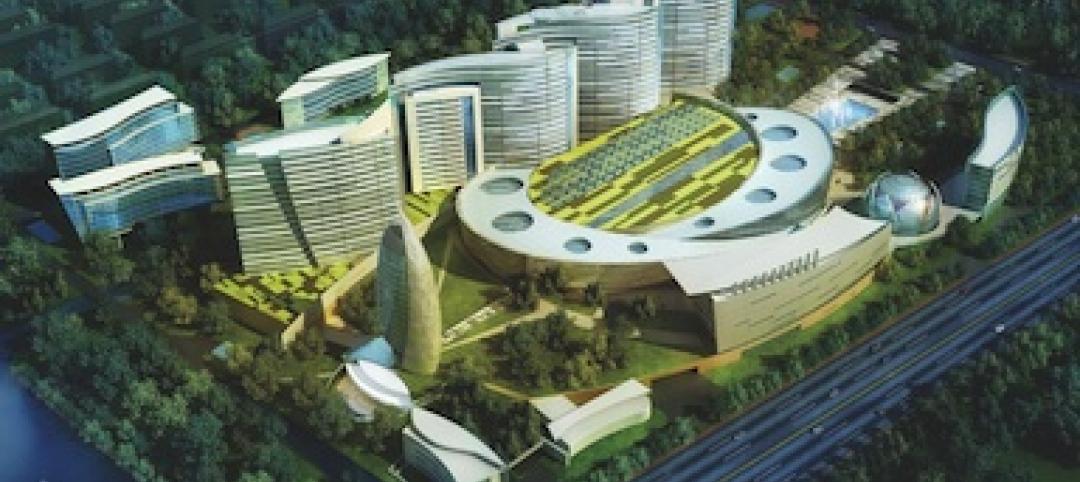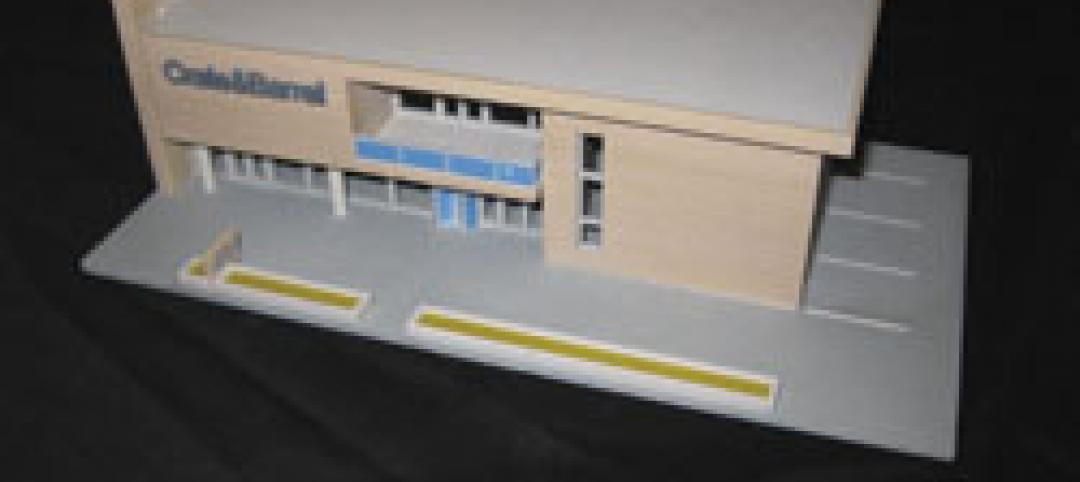Today, the U.S. Green Building Council announced nearly 100 net zero certifications earned under the LEED Zero program, representing more than 23 million square feet of space. One-fourth of LEED Zero projects earned multiple certifications, demonstrating achievement of net zero goals in several categories.
A complement to LEED certification, LEED Zero provides a clear, data-driven path to recognizing net-zero goals and signals market leadership in the built environment. In 2018, the first year LEED Zero was released, certifications were earned in every category, with one project earning certification in all four categories.
“Operating our buildings at net zero, combined with a solid green building strategy, is a cost-effective solution to tackling the climate crisis,” said Peter Templeton, USGBC’s interim president & CEO. “Reducing the carbon emissions of buildings is a critical part of the solving the climate puzzle. We will continue to work together with building owners and partners from all sectors to ensure that we meet net zero goals.”
LEED Zero energy certification is awarded to net zero energy buildings and communities that generate as much energy as they use over the course of the year. LEED Zero Carbon recognizes net zero carbon emissions from energy consumption through carbon emissions avoided or offset over one year. LEED Zero Water recognizes a potable water use balance of zero over one year. LEED Zero Waste recognizes buildings that achieve GBCI’s TRUE certification at the Platinum level.
Recent years have spotlighted the need to reduce carbon emissions and accelerate efforts to achieve a low-carbon future. Buildings account for nearly 40% of all carbon emissions, and according to a 2020 UN report, buildings must reduce at least 50% of their carbon emissions by 2030 to achieve net zero by 2050. Organizations, cities and countries around the globe are now monitoring their outputs and committing to carbon emissions reductions as well as net zero emissions.
This week is Net Zero Buildings Week, which is an opportunity to highlight the importance of green building and the push to decarbonize our existing buildings. In an effort to bring more awareness to the building sector’s contribution to carbon emissions, USGBC is taking part in Net Zero Buildings Week, joining the New Buildings Institute and other building industry partners to highlight the benefits of net zero buildings for a clean energy future. Join us as we virtually spread the word about net zero buildings and the people behind them. All organizations and firms are invited to participate by sharing their resources on social media using the hashtag #NetZeroNow.
Related Stories
| Sep 13, 2010
China's largest single-phase hospital planned for Shanghai
RTKL's Los Angles office is designing the Shanghai Changzheng New Pudong Hospital, which will be the largest new hospital built in China in a single phase.
| Sep 13, 2010
'A Model for the Entire Industry'
How a university and its Building Team forged a relationship with 'the toughest building authority in the country' to bring a replacement hospital in early and under budget.
| Sep 13, 2010
3D Prototyping Goes Low-cost
Today’s less costly 3D color printers are attracting the attention of AEC firms looking to rapidly prototype designs and communicate design intent to clients.
| Aug 11, 2010
Underwriters Laboratories, ICC Evaluation Service announce dual evaluation and certification program for building products
Underwriters Laboratories (UL), the leading product safety testing organization, and ICC Evaluation Service, Inc (ICC-ES), the United States' leader in evaluating building products for compliance with code, today announced a partnership that will provide the building materials industry with a Dual Evaluation and Certification Program for building products.
| Aug 11, 2010
Minneapolis Public Housing authority, Honeywell launch energy retrofit program
Minneapolis Public Housing Authority and Honeywell today announced a $33.6-million energy efficiency and facility renewal program that will help the housing authority improve its infrastructure, reduce its impact on the environment, and save more than $3.7 million in utility costs per year. Local contractors will also complete a majority of the work for the program, one of the largest of its kind for a public housing authority, helping boost the Twin Cities job market.
| Aug 11, 2010
Shepley Bulfinch announces merger of Merzproject
National architecture firm Shepley Bulfinch of Boston and Merzproject of Phoenix today announced their merger. The merger unites Shepley Bulfinch, one of the country’s leading design firms, and Merzproject.
| Aug 11, 2010
The New Yorker's David Owen: Why Manhattan is America's greenest community
David Owen is a staff writer at The New Yorker and the author of 14 books, most recently Green Metropolis: Why Living Smaller, Living Closer, and Driving Less Are the Keys to Sustainability, in which he argues that Manhattan is the greenest community in America. He graduated from Harvard and lives in Washington, Conn., where he chairs the town planning commission.
| Aug 11, 2010
Brown Craig Turner opens senior living studio
Baltimore-based architecture and design firm Brown Craig Turner has significantly expanded its housing design capabilities and expertise with the launch of its new senior living studio.
| Aug 11, 2010
Economic conditions to cause drag on cement consumption
The conditions facing the construction industry are likely to remain weak for another year or more, causing a drag on cement consumption, according to the most recent economic forecast from Skokie, Ill.-based Portland Cement Association (PCA).










